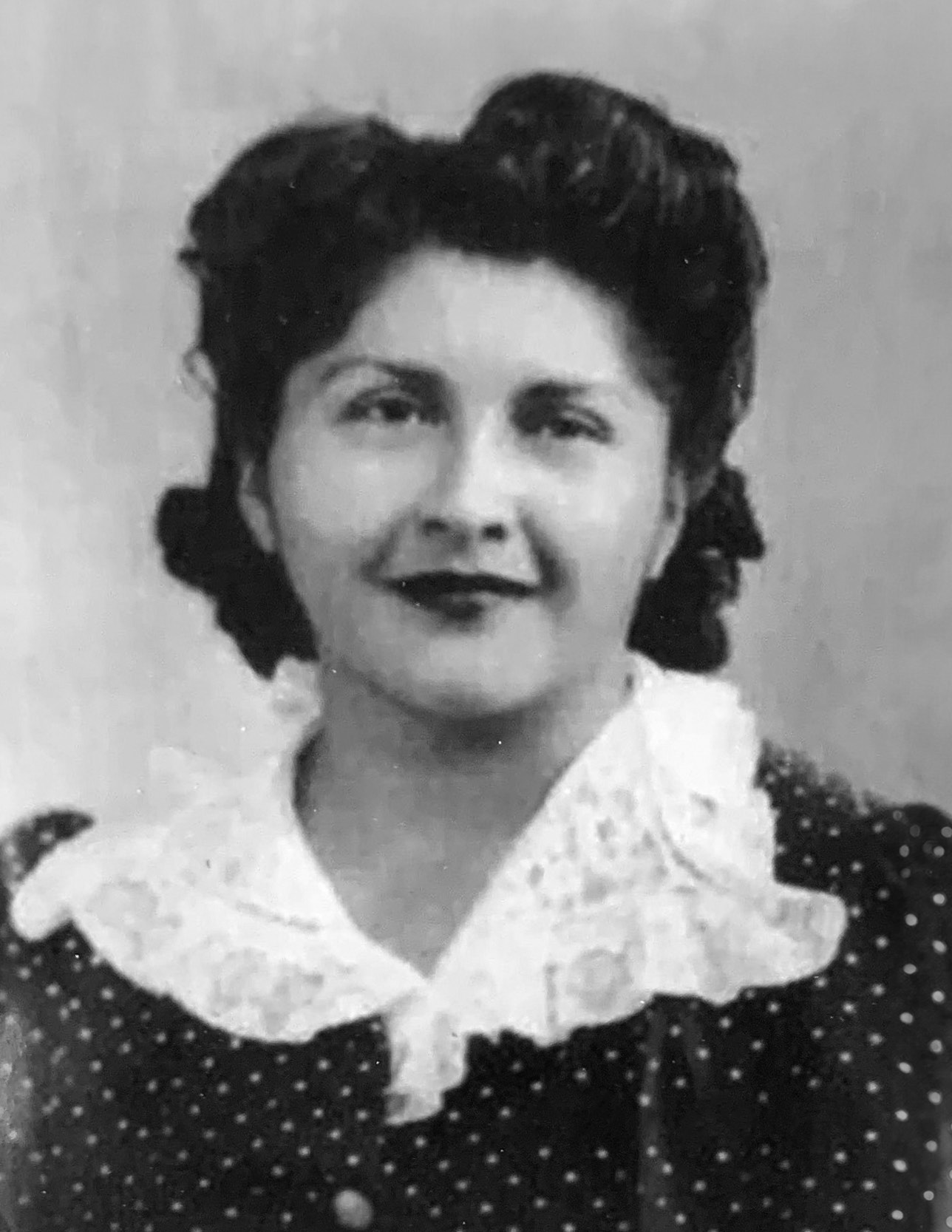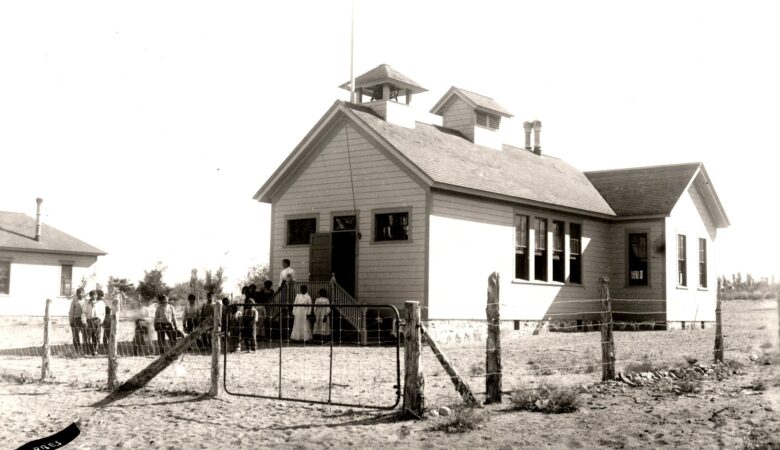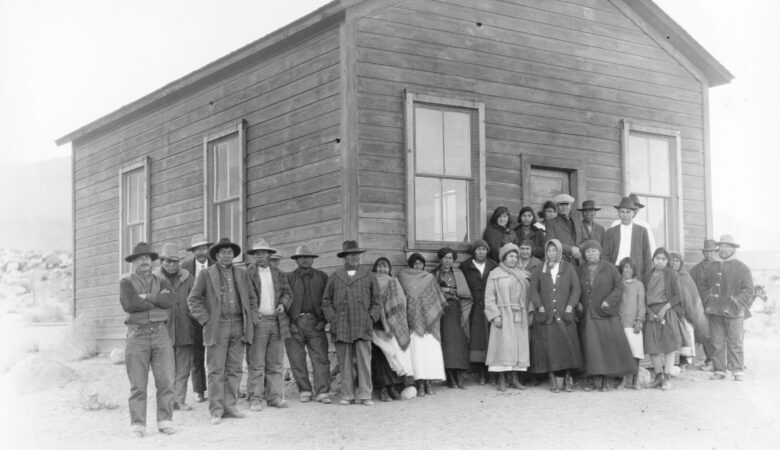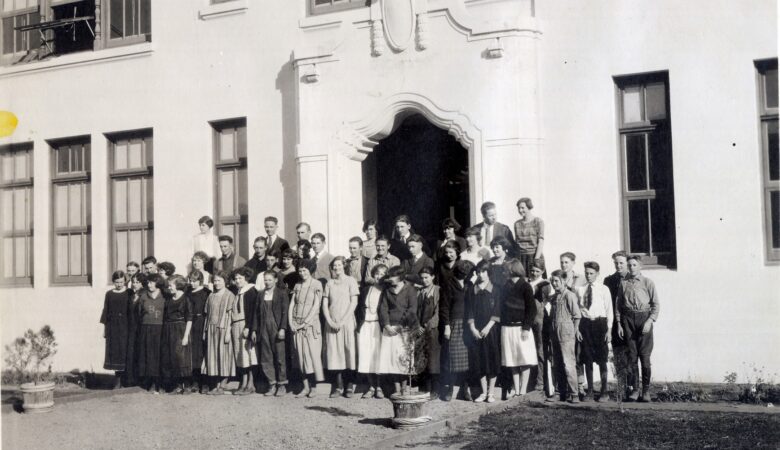Alice Piper

ALICE PIPER
Public service
CALIFORNIA CONNECTION: Member of the Big Pine Paiute Tribe and lifelong Owens Valley resident
A civil rights pioneer who won the right to equal education for Native American children in California, Alice Piper was the lead plaintiff in a California Supreme Court case that helped pave the way for the desegregation of schools nationally.
Biography current as of induction in 2024
In the early 20th century, when Piper was a child, California schools followed the “separate but equal” doctrine that allowed racial segregation. While their white counterparts attended relatively well-funded public schools, Piper and other children of the Big Pine Paiute Tribe of California’s Owens Valley had to attend Big Pine Indian Day School. Like all schools for Native Americans of the time, its curriculum focused on erasing the students’ traditional culture and preparing them for careers in manual labor.
Piper had bigger dreams, and in 1923 she was excited that a new public high school was set to open in her town. District officials had previously told Paiute families in the area that their children would be able to attend the school if they helped finance its construction. However, when the school opened, the district denied their applications. Soon, 15-year-old Piper became the central figure in a legal battle as she and six other plaintiffs, with the support of their families, challenged the Big Pine School District for the right to attend its public high school.
In June 1924, the California Supreme Court unanimously ruled in Piper’s favor, opening the door for her and other Native American children to attend public schools across California. The groundbreaking ruling in Piper v. Big Pine School District of Inyo County paved the way for school desegregation—first in California, where it was cited as precedent in Mendez v. Westminster (1947), and later nationally, where it influenced the landmark ruling in Brown v. Board of Education (1954).
Described by fellow community members as having a kind, quiet courage, Piper maintained a humble presence long after her legal triumph. In her words, she fought for her Constitutional rights for a simple reason: “Because I wanted to go to school.”
Although Piper’s civil rights contributions have not been widely recognized, the Big Pine Paiute and other community members have strived to preserve her story. In 2014, a life-size statue of Piper was placed at the entrance to Big Pine High School, and in 2024 the town celebrated her and the 100th anniversary of the end of segregation for Native Americans in California public schools.
Tribute Video
This tribute video was shown during Alice Piper’s induction by Governor Gavin Newsom and First Partner Jennifer Siebel Newsom in a virtual ceremony at the California Museum on December 19, 2024.



